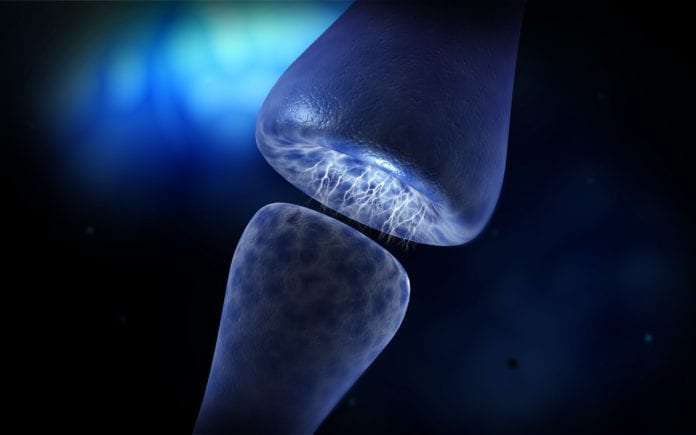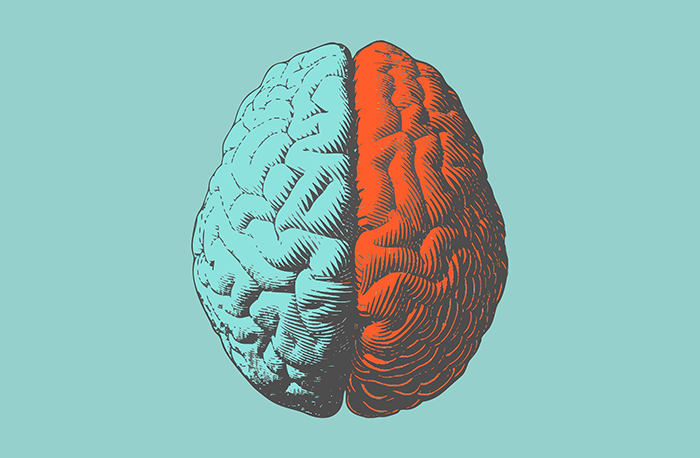Any type of headache can throw you off your game, but a migraine can be outright debilitating. Even though migraines are the most common type of headache, it can take, on average, 11 years for someone who suffers from chronic migraines to get an accurate diagnosis. In part, this delayed diagnosis can be the result of people not having a good understanding of what exactly a migraine is or how it feels. In fact, two large studies revealed that 90 percent of the participants who thought they had sinus or allergy headaches were actually experiencing migraines.
Why does it matter if you know what type of headache you’re experiencing? The answer is simple. Different headaches are caused by different things and require different treatments. Gregory Esper, MD, Emory Healthcare neurologist and migraine sufferer, knows the pain of migraines first-hand. Fortunately, he can also explain the science behind them.




